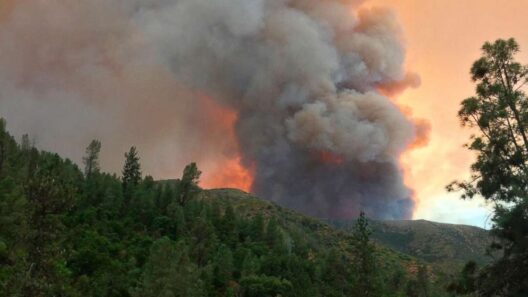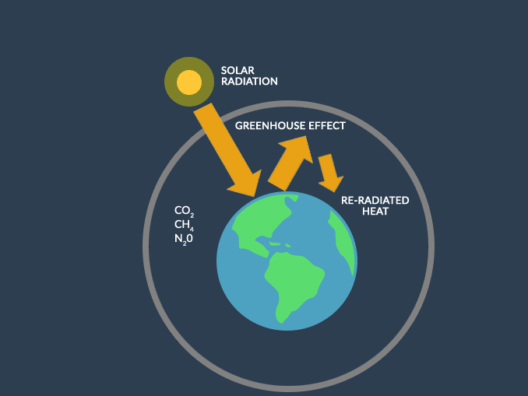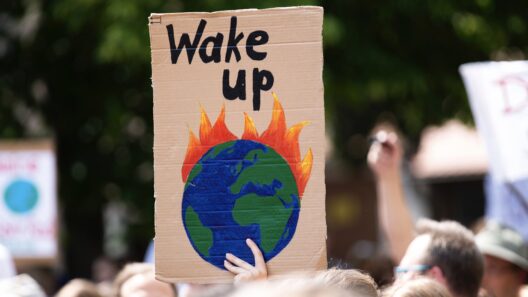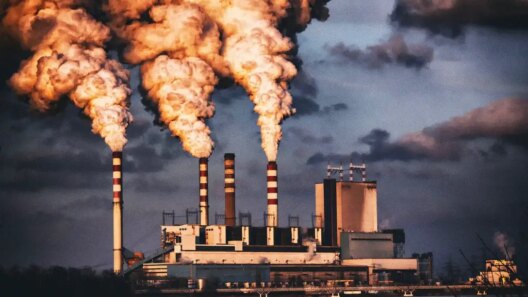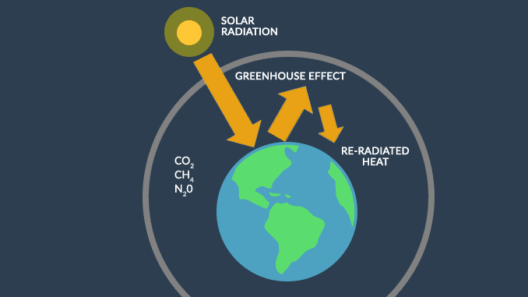Global warming has emerged as one of the most pressing challenges of our time, influencing ecosystems, weather patterns, and human life across the globe. The phenomenon refers to the long-term increase in Earth’s average surface temperature due to human activities, primarily the emission of greenhouse gases like carbon dioxide and methane. The repercussions of this climate crisis are profound, affecting everything from natural habitats to human health.
ग्लोबल वार्मिंग हमारे समय की एक सबसे महत्वपूर्ण चुनौती के रूप में उभरी है, जो पारिस्थितिकी तंत्र, मौसम के पैटर्न और दुनिया भर में मानव जीवन को प्रभावित कर रही है। यह प्रक्रिया पृथ्वी की औसत सतह के तापमान में दीर्घकालिक वृद्धि को संदर्भित करती है, जो मुख्य रूप से मानव गतिविधियों के कारण होती है, विशेष रूप से ग्रीनहाउस गैसों जैसे कार्बन डाइऑक्साइड और मीथेन के उत्सर्जन के कारण। इस जलवायु संकट के परिणाम गहरे हैं, जो प्राकृतिक आवासों से लेकर मानव स्वास्थ्य तक सब कुछ प्रभावित कर रहे हैं।
Increased greenhouse gas concentrations are primarily the result of the combustion of fossil fuels, deforestation, and various agricultural practices. The industrial revolution marked a significant turning point, as it catalyzed the extensive release of carbon emissions into the atmosphere. Wouldn’t it be intriguing to ponder how our choices could directly alter the course of the planet? As we enjoy the conveniences of modernity, we unwittingly contribute to environmental degradation.
ग्रीनहाउस गैसों की बढ़ती सांद्रता का मुख्य कारण जीवाश्म ईंधनों का दहन, वनों की कटाई, और विभिन्न कृषि प्रथाएँ हैं। औद्योगिक क्रांति ने एक महत्वपूर्ण मोड़ चिह्नित किया, क्योंकि इसने वायुमंडल में कार्बन उत्सर्जन के व्यापक रिलीज को उत्प्रेरित किया। क्या यह जिज्ञासापूर्ण नहीं होगा कि हम कैसे अपने विकल्पों के माध्यम से सीधे ग्रह की दिशा को बदल सकते हैं? जैसे ही हम आधुनिकता की सुख-सुविधाओं का आनंद लेते हैं, हम अनजाने में पर्यावरण के क्षय में योगदान करते हैं।
The ramifications of global warming are extensive. A noticeable rise in global temperatures has led to melting glaciers, rising sea levels, and increasingly severe weather events. This transformation threatens biodiversity and disrupts food chains, leading to species extinction in many cases. Can you imagine a world where iconic species vanish simply because of human oversight? The loss of biodiversity not only diminishes natural beauty but also jeopardizes the ecosystem services that sustain human life.
ग्लोबल वार्मिंग के परिणाम व्यापक हैं। वैश्विक तापमान में एक महत्वपूर्ण वृद्धि ने ग्लेशियर्स के पिघलने, समुद्र स्तर में वृद्धि, और बढ़ती हुई गंभीर मौसम की घटनाओं का कारण बना है। यह परिवर्तन जैव विविधता को खतरे में डालता है और खाद्य श्रृंखलाओं को बाधित करता है, जिससे कई मामलों में प्रजातियों का विलुप्त होना होता है। क्या आप एक ऐसी दुनिया की कल्पना कर सकते हैं जहाँ प्रतीकात्मक प्रजातियाँ केवल मानव लापरवाही के कारण गायब हो जाएँ? जैव विविधता की हानि न केवल प्राकृतिक सुंदरता को कम करती है, बल्कि उन पारिस्थितिकी सेवाओं को भी खतरे में डालती है जो मानव जीवन के लिए आवश्यक हैं।
Moreover, global warming exacerbates health issues such as heat-related illnesses, respiratory problems due to decreased air quality, and the spread of vector-borne diseases. Vulnerable populations, particularly in developing countries, are at an increased risk as they often lack the necessary resources to adapt to these changing conditions. How many lives could be saved with decisive action against this impending crisis? A unified global response is imperative for safeguarding the future of humanity.
इसके अतिरिक्त, ग्लोबल वार्मिंग स्वास्थ्य संबंधी समस्याओं को बढ़ाता है जैसे गर्मी से संबंधित बीमारियाँ, घटते वायु गुणवत्ता के कारण श्वसन संबंधी समस्याएँ, और वेक्टर-जनित बीमारियों का प्रसार। कमजोर जनसंख्याएँ, विशेष रूप से विकासशील देशों में, आमतौर पर इन परिवर्तित परिस्थितियों के अनुकूल होने के लिए आवश्यक संसाधनों की कमी के कारण अधिक जोखिम में होती हैं। इस आसन्न संकट के खिलाफ निर्णायक कार्रवाई से कितने जीवन बचाए जा सकते हैं? मानवता के भविष्य की रक्षा के लिए एकीकृत वैश्विक प्रतिक्रिया आवश्यक है।
In addressing global warming, various strategies must be employed, ranging from emissions reduction to respiratory protection measures. Transitioning to renewable energy sources, enhancing energy efficiency, and implementing sustainable agricultural practices are critical steps toward mitigating climate impacts. Individuals can make significant contributions through lifestyle changes, such as reducing energy consumption, minimizing waste, and supporting eco-friendly initiatives.
ग्लोबल वार्मिंग से निपटने के लिए विभिन्न रणनीतियाँ अपनाई जानी चाहिए, जो उत्सर्जन में कमी से लेकर श्वसन सुरक्षा के उपायों तक फैली हुई हैं। नवीकरणीय ऊर्जा स्रोतों की ओर संक्रमण, ऊर्जा दक्षता में सुधार, और सतत कृषि प्रथाओं को लागू करना जलवायु प्रभावों को कम करने के लिए महत्वपूर्ण कदम हैं। व्यक्तिगत रूप से हम जीवनशैली में बदलाव के माध्यम से महत्वपूर्ण योगदान दे सकते हैं, जैसे ऊर्जा खपत को कम करना, अपशिष्ट को न्यूनतम करना, और पर्यावरण-हितैषी पहलों का समर्थन करना।
As we confront this unprecedented challenge, it is crucial to foster a collective consciousness that prioritizes environmental stewardship. Are we willing to accept the responsibility of being caretakers of our planet? The choices we make today will resonate through generations, shaping the world for those who come after us. Embracing sustainable practices is not just a necessity; it is our moral obligation.
जब हम इस अभूतपूर्व चुनौती का सामना करते हैं, तो यह महत्वपूर्ण है कि हम एक सामूहिक चेतना को बढ़ावा दें जो पर्यावरण की देखभाल को प्राथमिकता देती है। क्या हम अपने ग्रह के संरक्षक बनने की जिम्मेदारी लेने के लिए तैयार हैं? आज किए गए विकल्पों का असर आने वाली पीढ़ियों पर होगा, हमारे बाद आने वाले लोगों के लिए दुनिया को आकार देगा। सतत प्रथाओं को अपनाना केवल एक आवश्यकता नहीं है; यह हमारी नैतिक जिम्मेदारी है।



